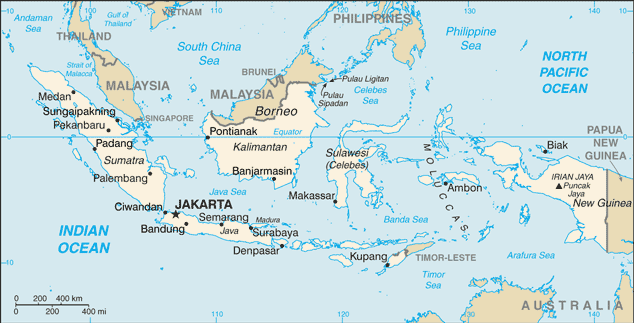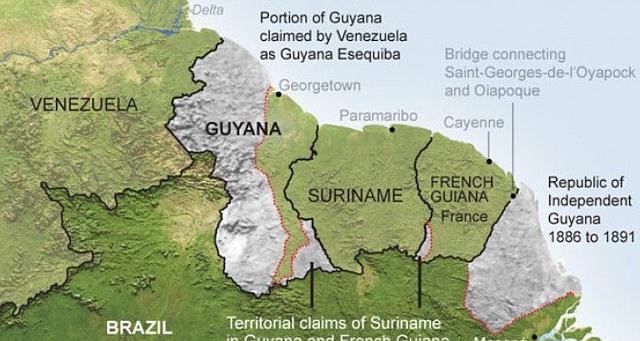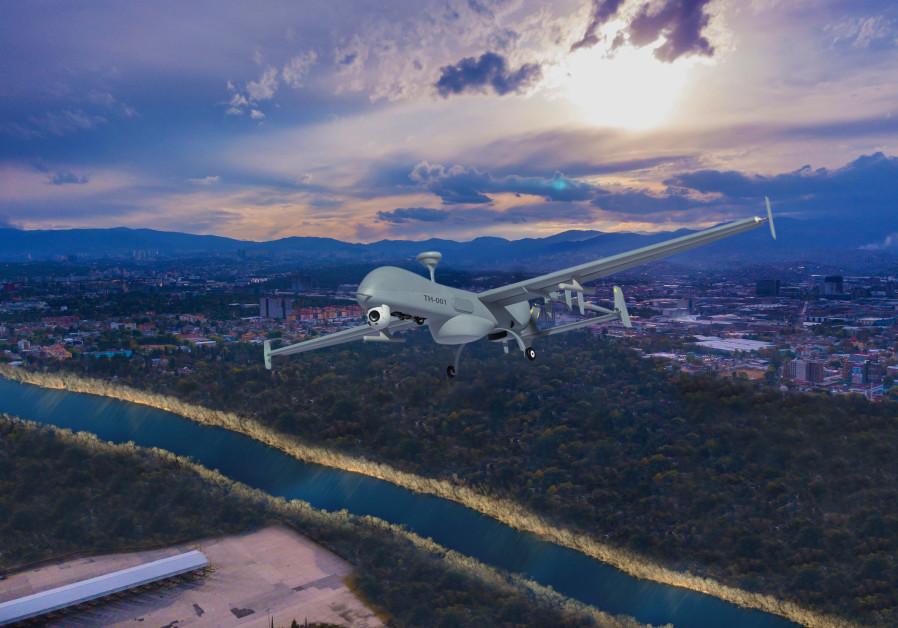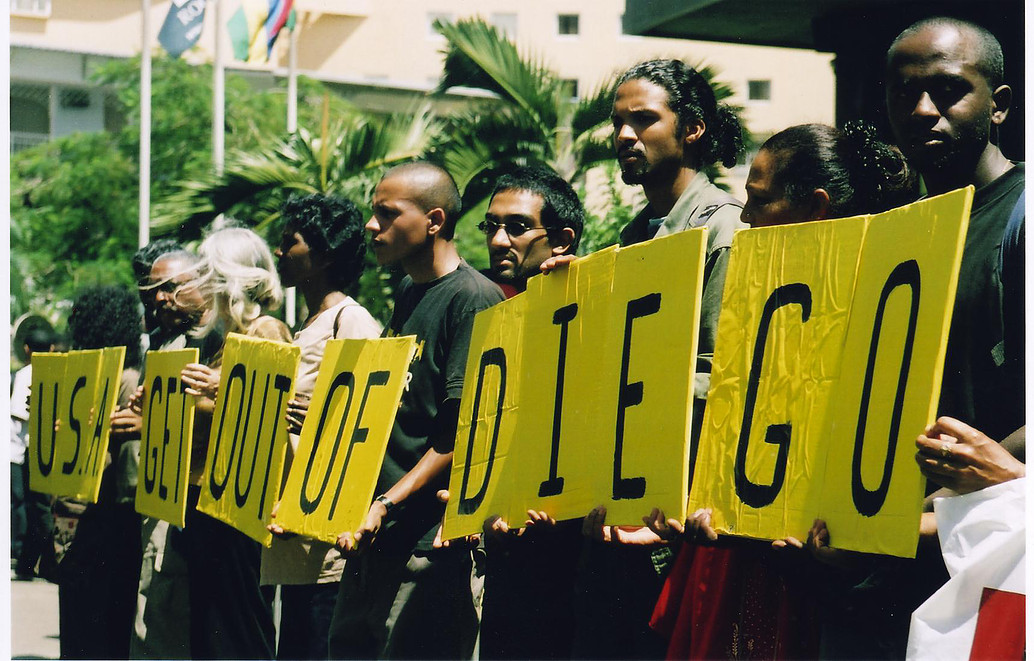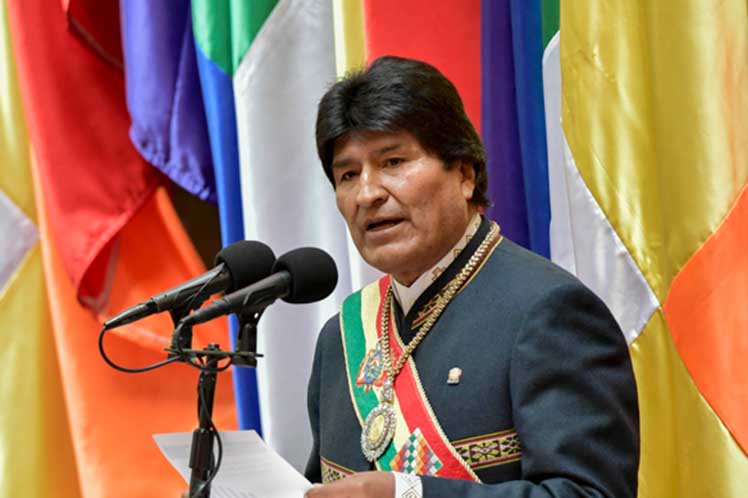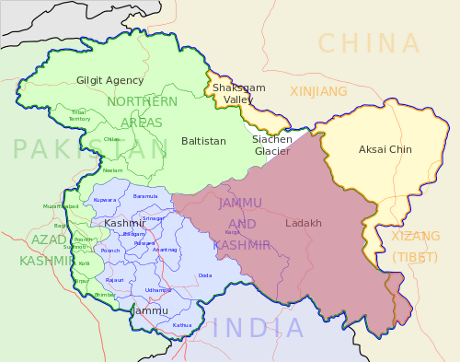
Himalayan border conflicts escalate
China has mobilized thousands of troops backed up by armored vehicles to a contested area along the border with India in the Himalayas, where troops last month hurled stones at each other across the unmarked boundary known as the Line of Actual Control (LAC). The area in question is in the Galwan River valley between Ladakh, in Indian-administered Kashmir, and Chinese-administered Aksai Chin. Top generals from both sides held talks in Moldo, on the Chinese side, but tensions remain high. India charges that Chinese forces are hindering patrols by its troops along the LAC in Ladakh and Sikkim, and refutes Beijing’s claim that Indian forces have crossed to the Chinese side. (Map via Wikipedia)



